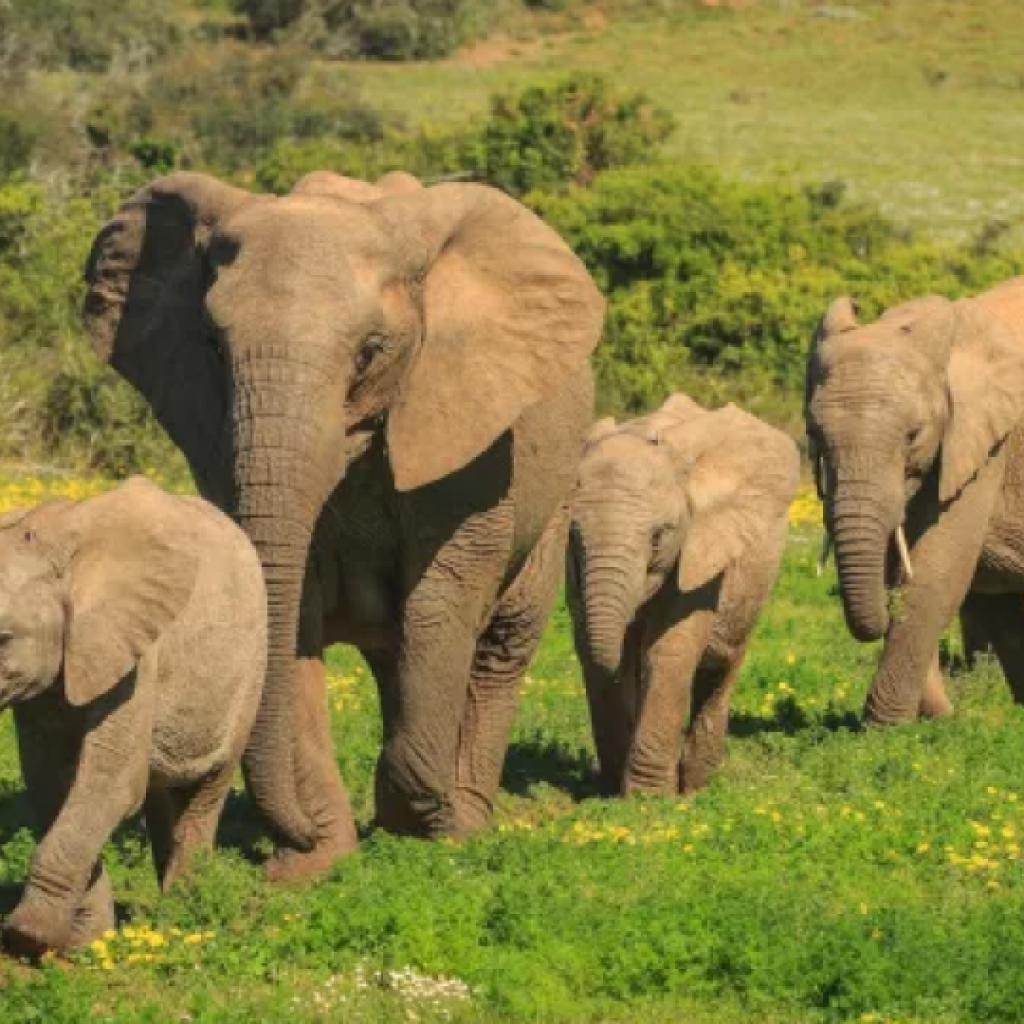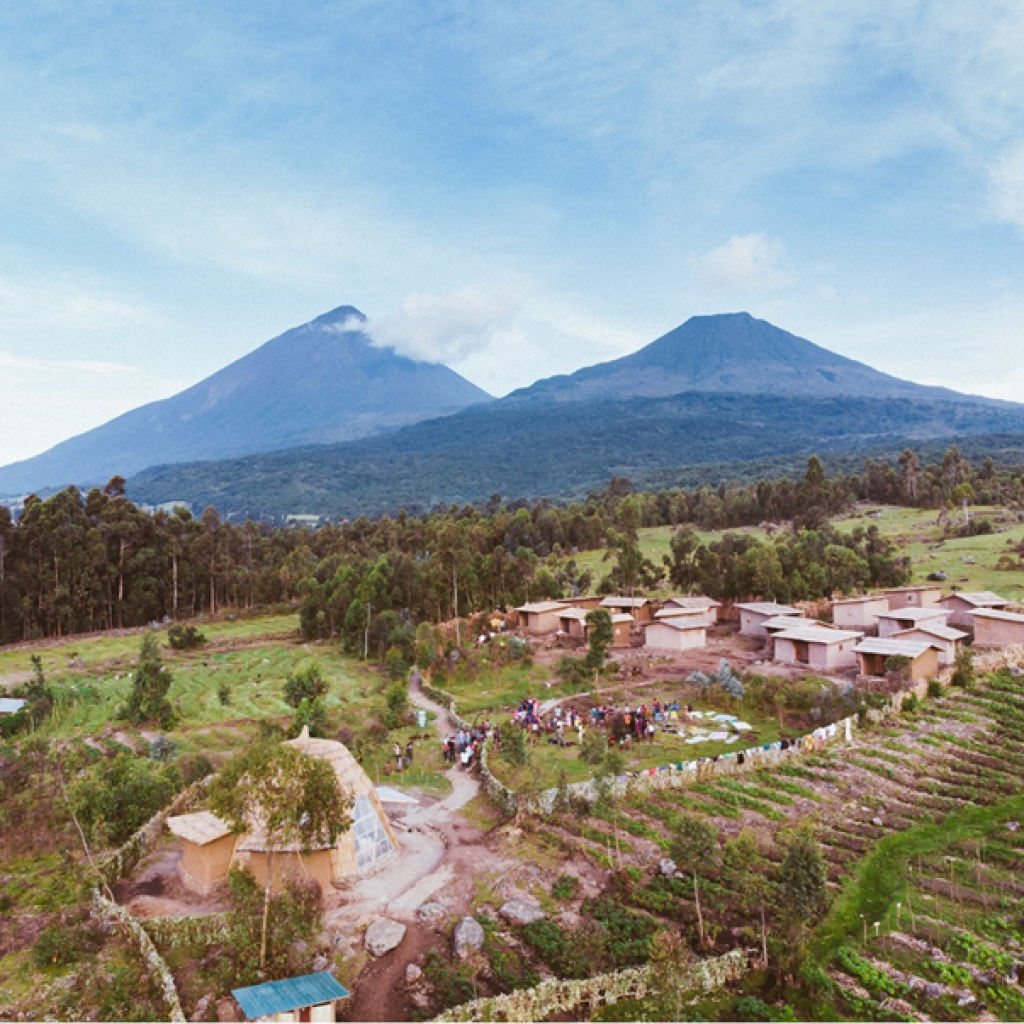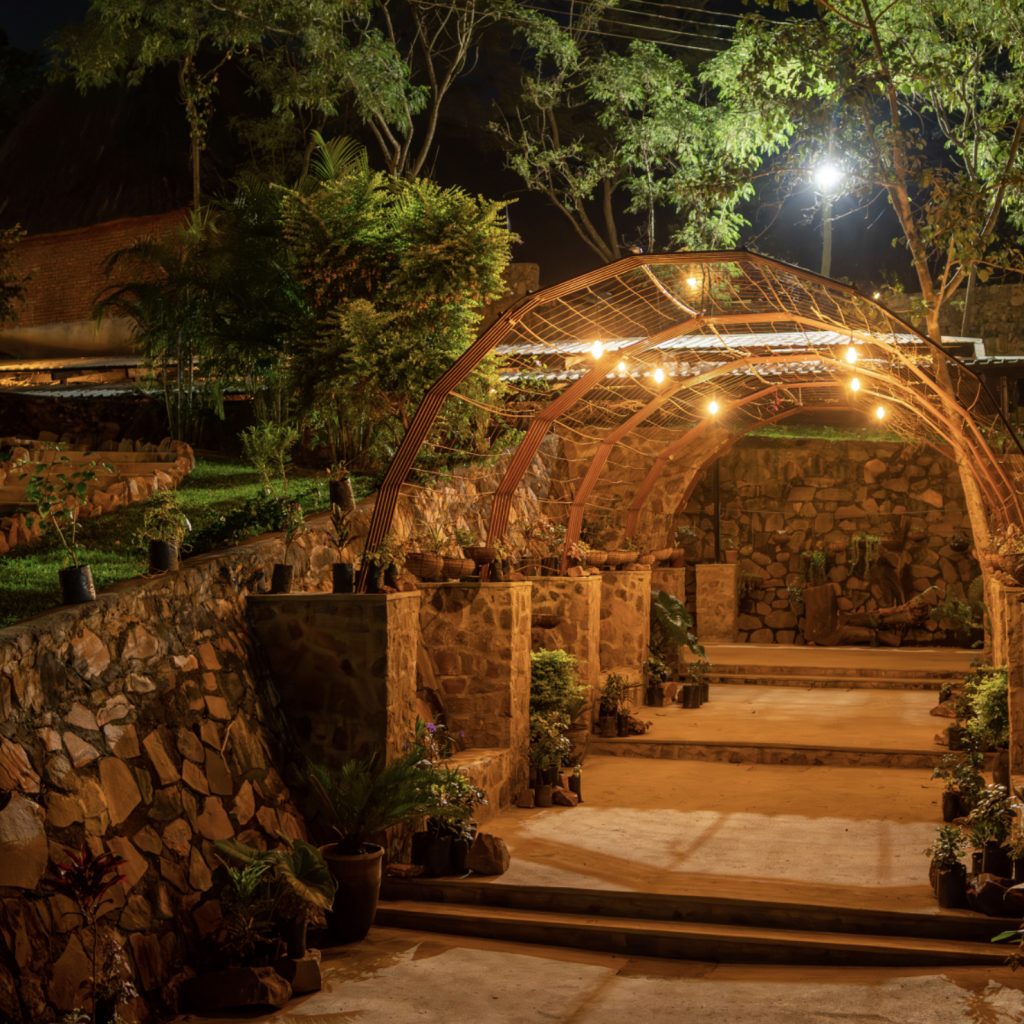
The Babanango Game Reserve in KwaZulu Natal, which has become one of South Africa’s latest Big Five wilderness areas through a successful rewilding project, has reintroduced another seven elephants to the 20 000-hectare property.
The elephants were successfully relocated from the Addo Elephant National Park in the Eastern Cape, bringing the total number of the mega-herbivores in the reserve to 16. The reintroduction of the world’s largest land mammal kicked off with a breeding herd of seven elephants from the Manyoni Private Game Reserve in Maputaland, followed by another two bulls being introduced from Tembe Elephant Park. Elephants had been absent from Zululand – where Babanango is located – for 150 years.
“This incredible milestone was only possible thanks to so much hard work being done for so many years by so many dedicated people. No words can describe the delight of seeing these pachyderms moving through this magnificent landscape,” expressed Ryan Andraos, General Manager, Conservation and Operations at Babanango Game Reserve.
Since 2019, the reserve has reintroduced approximately 2 400 previously endemic mammals, including buffalo, White and Black rhino, and lion. Leopards naturally occur in the area too, rounding off the Big Five.
Introducing elephants from different locations in South Africa into a single population enhances genetic diversity, which is crucial for the long-term health and viability of the population. It also contributes to the conservation of this species where, in southern Africa, the challenge facing elephants is not the low number of elephants but the reduction in available habitat. As such, the move has helped reduce elephant pressures on the reserves where they have come from, whilst establishing a new population and expansion of their range.
The elephant translocation was made possible through key partner collaborations with Conservation Outcomes, Ezemvelo KZN Wildlife, Aspinall Foundation, Over and Above Africa, DCM Surfaces, South African National Parks and Conservation Solutions.
“Getting to the point where elephants can once again traverse the ancient landscape of Babanango Game Reserve is certainly a great conservation milestone. As Conservation Outcomes we give thanks to the Emcakwini Community for their vision on looking to set aside land for biodiversity and cultural conservation. We also thank the investors for buying into this vision as well as the Kwangono and Esibongweni Communities for also adding portions of their land for the same purpose,” said Conservation Outcomes Manager, Chris Galliers.
The rewilding process, along with the opening of several camps, is a key part of the reserve’s goal to rehabilitate and restore biodiversity and conserve the wilderness through responsible, sustainable tourism and resource use.
The income generated through land leases, conservation levies and other benefits is vital for the economic well-being of the surrounding communities.
“The arrival of elephants fulfils the dreams of those who initiated the establishment of a Big Five game reserve. We express our sincere gratitude to all who were involved. The beneficiaries and community of Babanango are now going to experience something different; with pride of being the owners of both land and its habitants, they will enjoy all the benefits,” said Kenneth Buthelezi, Chairman of Emcakwini Community Trust.





About The Author: David DiGregorio
More posts by David DiGregorio